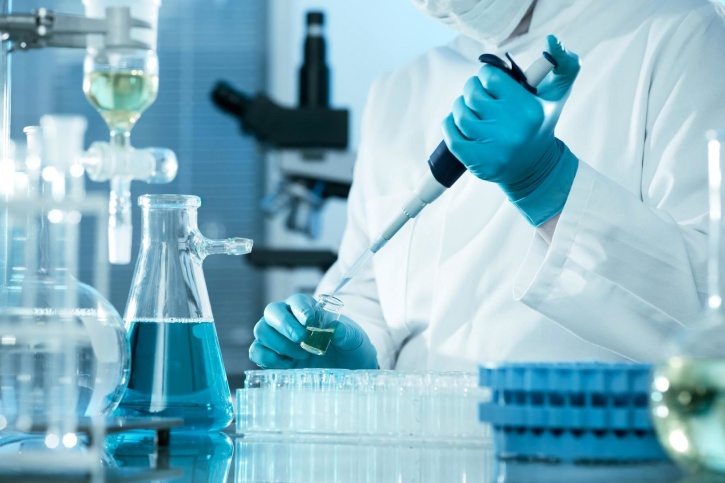Aggregated News

Toxic effects seen in animals raise questions about new gene therapies for children.
An influential scientist involved in gene therapy’s biggest setback, the death of a study volunteer 19 years ago, has issued a surprise warning over the dangers of the gene-replacement technique.
James Wilson of the University of Pennsylvania reported this week that monkeys and pigs given super-high doses of gene therapy died or suffered disturbing behavioral changes.
“What is remarkable is we have not seen it before,” says Wilson. “We were surprised but shouldn’t have been. If you push the dose of anything high enough, you are going to see toxicity.”
The warning comes amidst a scramble by three companies—Sarepta Therapeutics, Pfizer, and Solid Biosciences—to be the first to use the technique to cure muscular dystrophy. That disease strikes young boys, destroys their muscles, and kills them by their 20s.
To attack the disease, researchers replace patients’ damaged copies of a gene called dystrophin by introducing viral particles that carry a correct copy. Reaching the countless muscle cells in a boy’s body requires extremely high doses...



